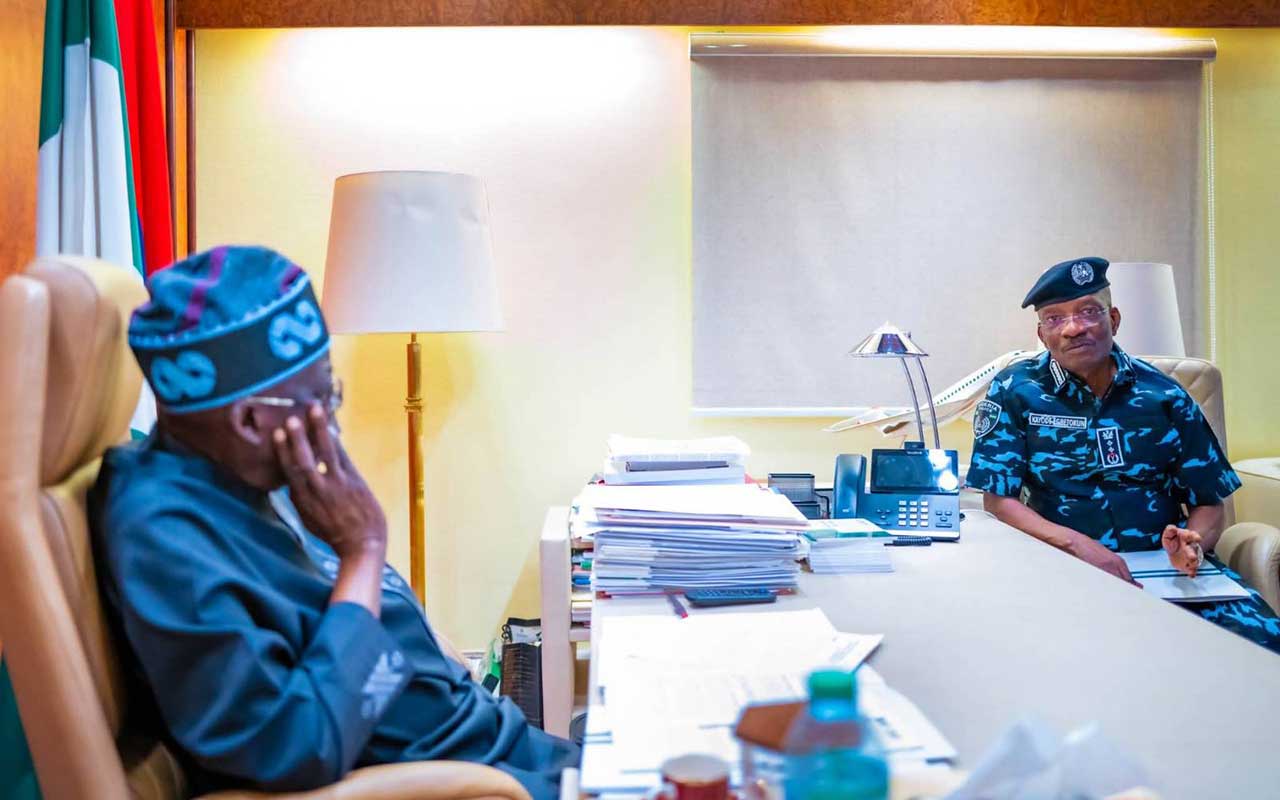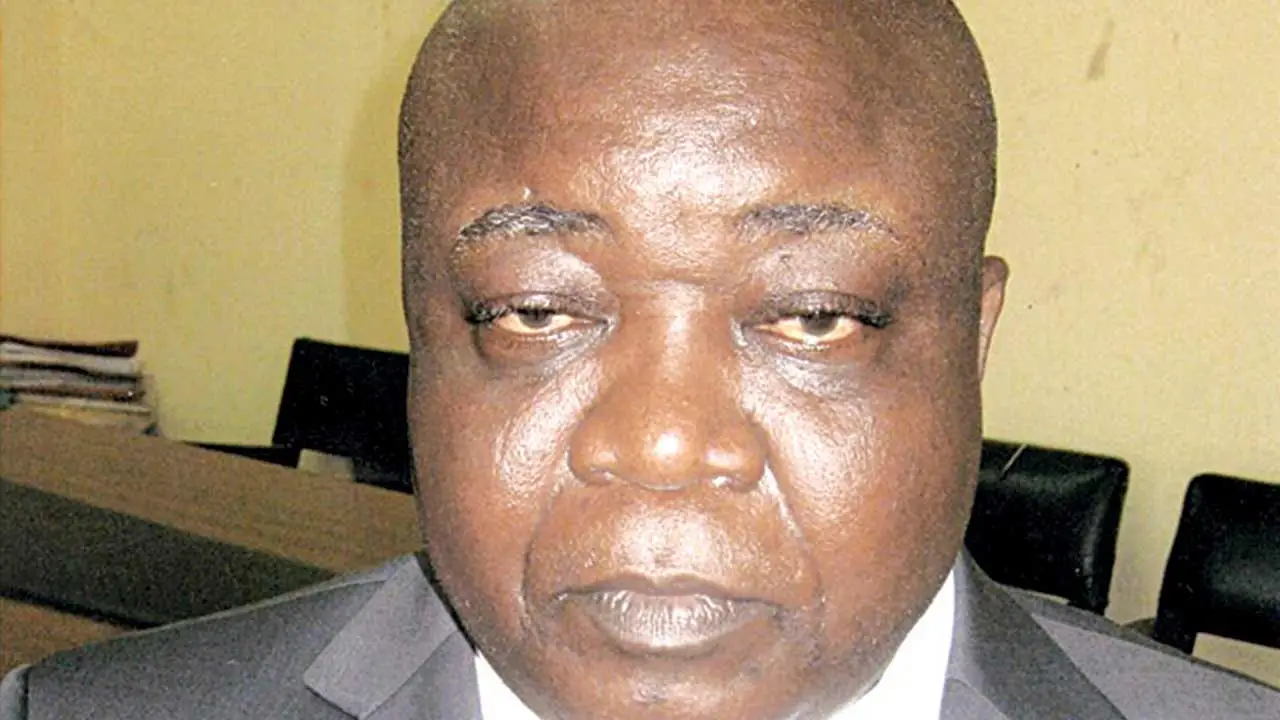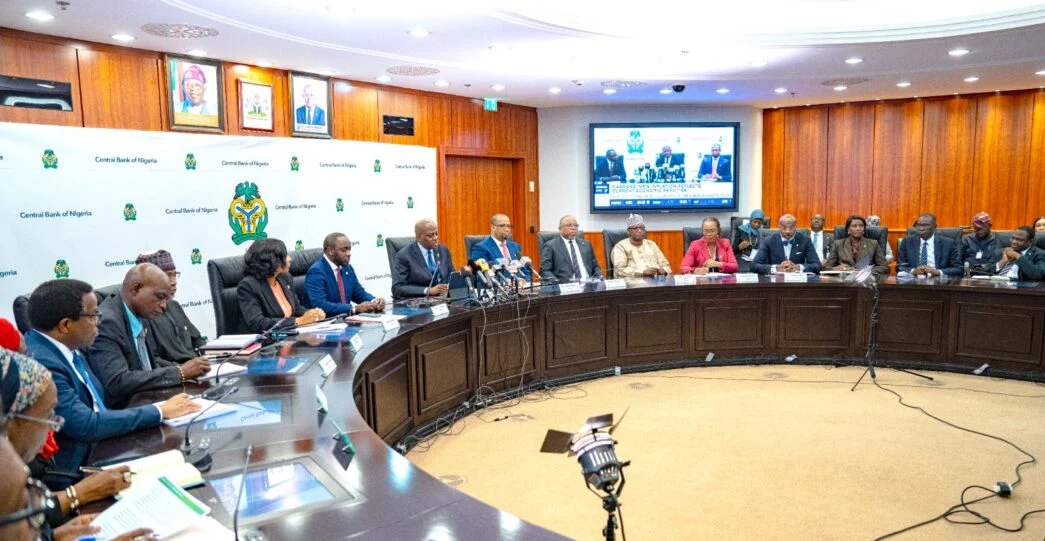People have various ways of rationalizing death and consoling the bereaved, especially if the deceased died young. Igi to to ki pe ni gbo, meaning straight trees don’t last in the forest, is one of the common sayings of the Yoruba to explain untimely demises. Straight trees, they say, are usually the first to be logged for human use, and that, like them, good people, too, don’t last.
This appears to be the case with the late Chief of Army Staff, Lieutenant General Ibrahim Attahiru, who spent just 114 days in office before his death in an air crash alongside 10 other officers and men of the Nigerian Armed Forces on May 21, 2021.
He was appointed Army Chief on January 26, 2021. He had started introducing impactful changes that analysts believe would have turned around the fortunes of the Nigerian Army, particularly tackling the Boko Haram insurgency, before his passing.
His demise, alongside others caused by inclement weather as the aircraft, was landing at the Kaduna International Airport, shocked Nigerians and the international community. It was trailed by an outpouring of grief, with mourners attesting to Attahiru’s sterling qualities. He was settling in office and had articulated his vision for turning around the Nigerian Army.
Sadly, death only allowed him to touch just the tip of his plans, with most Nigerians still in the dark about the man and his antecedents.
Public relations practitioner, lawyer and writer Niran Adedokun breaks down the mystique of the man in a biography entitled, The Man, The Soldier and The Patriot. In the 168-page book published earlier this year by Cable Books, Adedokun, a newspaper columnist, gives an authentic portrait of Attahiru’s life. He painstakingly reconstructs the soldier’s life and last moments with carefully sourced information from family, friends, andhiru associates. The book, produced alongside a documentary by the General Ibrahim Attahiru Foundation (GIAF) to commemorate the first anniversary of his demise, shines a light on the late COAS’s life and achievements.
Through Adedokun’s elegant portraiture, we know that the man born on August 10, 1966, in Doka, Kaduna, who spent 35 years in the military, was focused and committed. He was an intellectual soldier who served his nation diligently and with all his might. There were no half measures with Attahiru when it came to Nigeria; he gave the country his all in his appointments; staff, instructional or command. He also stepped on toes for Nigeria’s greater good and prosperity. The man who lost his parents early in life and was raised by a neighbor was a soldier’s soldier who encouraged his subordinates to read. Attahiru also valued the importance of co-operation among all arms of the military, striving to reduce inter-service rivalry, first as the Theatre Commander of Operation Lafiya Dole and later as COAS.
Well-written and produced, The Man, The Soldier, The Patriot comprises five chapters, an epilogue, a postscript, and tributes from Nigerians and the international community mourning the death of a thorough professional.
There’s also a foreword by his widow, Fati, where she writes about the pain of his untimely demise and how his family’s love for him endures. “Our love for Ibrahim is one thing that death can never take away from us. He will never go away from us; he will always be near us, even if unseen and unheard, through the fond memories we have, some of which are documented in this book, as they continue to shine in our hearts until eternity when we hope to meet again.” Affirms the wife who bore him three children.
The first chapter, ‘Taking the Mantle’ talks about the beginning of Attahiru’s career in the military in 1984 when he gained admission to the Nigerian Defence Academy. It also looks back on his roots, being orphaned early, and life at Rimi College. The second chapter is about his commands, while the third is about his meeting and marriage to Fati. Chapter four talks about his time, achievements and perceived failure as Theatre Commander of Operation Lafiya Dole, whose name he later changed to Operation Zamani Lafiya. The last, at the very top, talks about his ascension to the pinnacle of the Nigerian Army with various command positions and ultimately Chief of Army Staff.
The book also contains tributes from President Muhammadu Buhari, state governors, diplomats, classmates, and professional colleagues of the intellectual soldier pursuing a Ph.D. before his death.
Adedokun has excellently chronicled Attahiru’s life with ‘The Man, The Soldier, The Patriot.’ His decision not to use a linear narrative style but a portrait is masterful. It affirms his rating as a prose stylist. Though Attahiru’s straight tree in the forest didn’t last long, Adedokun has ensured he will live forever with this well-written biography.
























Leave a comment